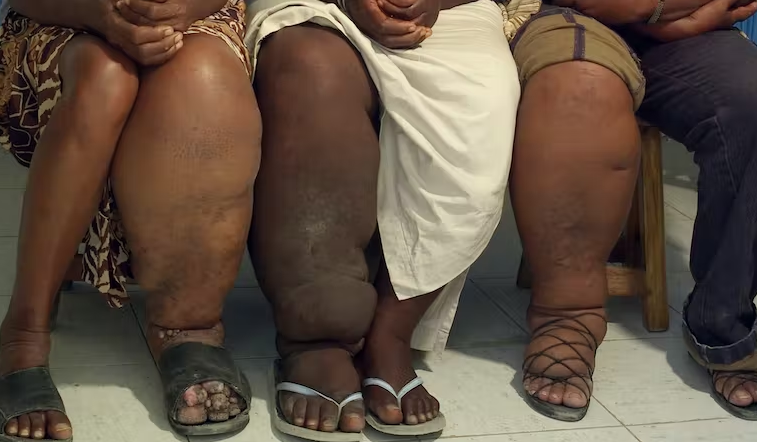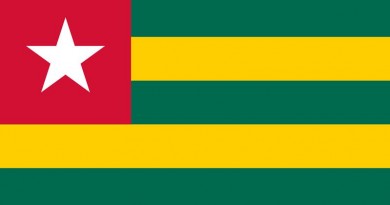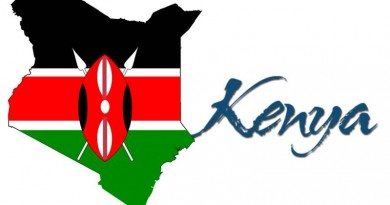People living with Elephantiatis in Nigeria are often stigmatized
One of the 20 different NTDs, lymphatic filariasis affects more than 120 million people in 72 countries throughout Asia, Africa, the Western Pacific, the Caribbean, and South America.
According to the WHO, NTDs are most prevalent in rural areas, conflict zones, and remote places with limited access to sanitary facilities, which is made worse by climate change.
Nigeria, which accounts for 25% of the burden of NTDs in Africa, is one of the most endemic nations. In Nigeria, 15 of these illnesses have so far been found. Guinea worm, one of the NTDs, has now been eradicated.
In the meantime, the WHO released a 10-year vision for NTDs in January 2021, outlining ambitious goals and cutting-edge strategies for combating the diseases. The action is intended to advance the effort to meet the Sustainable Development Goals by the year 2030. WHO Nigeria and partners have created a more comprehensive subnational road map in conjunction with the Federal Ministry of Health that does not ignore the case management of NTDs, the human resource issues, or the programming components.
Taking Action
According to Mr. Nse Akpan, National Coordinator of Neglected Tropical Diseases at the Federal Ministry of Health, the eradication of all NTDs will lower poverty and boost national output. According to Mr. Akpan, NTDs have an impact on a country’s productivity since they have a severe negative impact on those who contract them.
“The government is making great efforts to combat the diseases through the delivery of drugs, vector control, morbidity and disability management, and community sensitization programs, with assistance from partners (including WHO).
Eliminating these illnesses will improve child enrollment in school and minimize childhood malnutrition. According to him, it will improve national food production, lower sickness and disability rates, as well as residents’ physical and emotional wellbeing.
Additionally, Dr. Walter Kazadi Mulombo, the WHO Country Representative, claims that over the previous ten years, the WHO has gradually standardized public health initiatives, such as the distribution of Ivermectin and using low-cost, high-impact approaches, albendazole is administered in endemic areas and to vulnerable and difficult-to-reach individuals.
NTDs include the Buruli ulcer, dengue, Chagas disease and chikungunya, rabies, scabies, dracunculiasis (Guinea-worm disease), echinococcosis, foodborne trematodiases, human African trypanosomiasis (sleeping sickness), leishmaniasis, leprosy (Hansen’s disease), lymphatic filariasis, mycetoma, chromoblastomy and other deep mycoses, onchocerciasis (river blindness), and other schistosomiasis, ectoparasitoses, soil-transmitted helminthiases, snakebite envenoming, trachoma, taeniasis/cysticercosis, yaws and other endemic treponematoses.
However, NTDs can be effectively controlled, eliminated, or eradicated through a combination of public health measures, effective treatment, and community sensitization because they frequently affect areas without access to high-quality healthcare, making poor populations vulnerable to these frequently crippling diseases.
Stigmatized
Since 2012, Betty Livingstone, a 22-year-old resident of Benue State who goes by the pseudonym Betty, has had swelling lower limbs.
“I recall feeling my feet were swollen when I awoke one morning. My feet were the first to expand, and then my legs over time. It’s quite embarrassing to have large legs because people stare at me funny, she claims.
She sought medical attention for several months before receiving a diagnosis of elephantiasis, also known as lymphatic filariasis (LF), a disfiguring condition brought on by the transmission of filarial parasites to humans by mosquitoes.
Ms. Livingstone struggles with stigmatization and prejudice as a result of her medical condition, which has a psychosocial impact on her life. She recalls getting the illness when she was just 13 years old and nearly quitting school because of it.
“Now that I’m in a university, I have to find the guts every day to go to class or somewhere new.
My education and social interactions are impacted by the illness. When it first started, I found it difficult to go about my everyday tasks. I frequently required help getting out of bed. Nobody should have to endure what I do.
I’m content and taking medicine. It has given me hope that my leg won’t become any worse and that I won’t spread the infection to others. she claims.
Ms. Livingstone is currently receiving treatment (medication) to destroy the filarial parasite in her blood and to stop the swelling, despite the fact that LF has no known cure.
The World Health Organization (WHO), Merck, and GSK help the Nigerian government administer the LF drugs, which are supplied throughout all 583 endemic Local Government Areas (LGA) in the nation.




